COS News
News
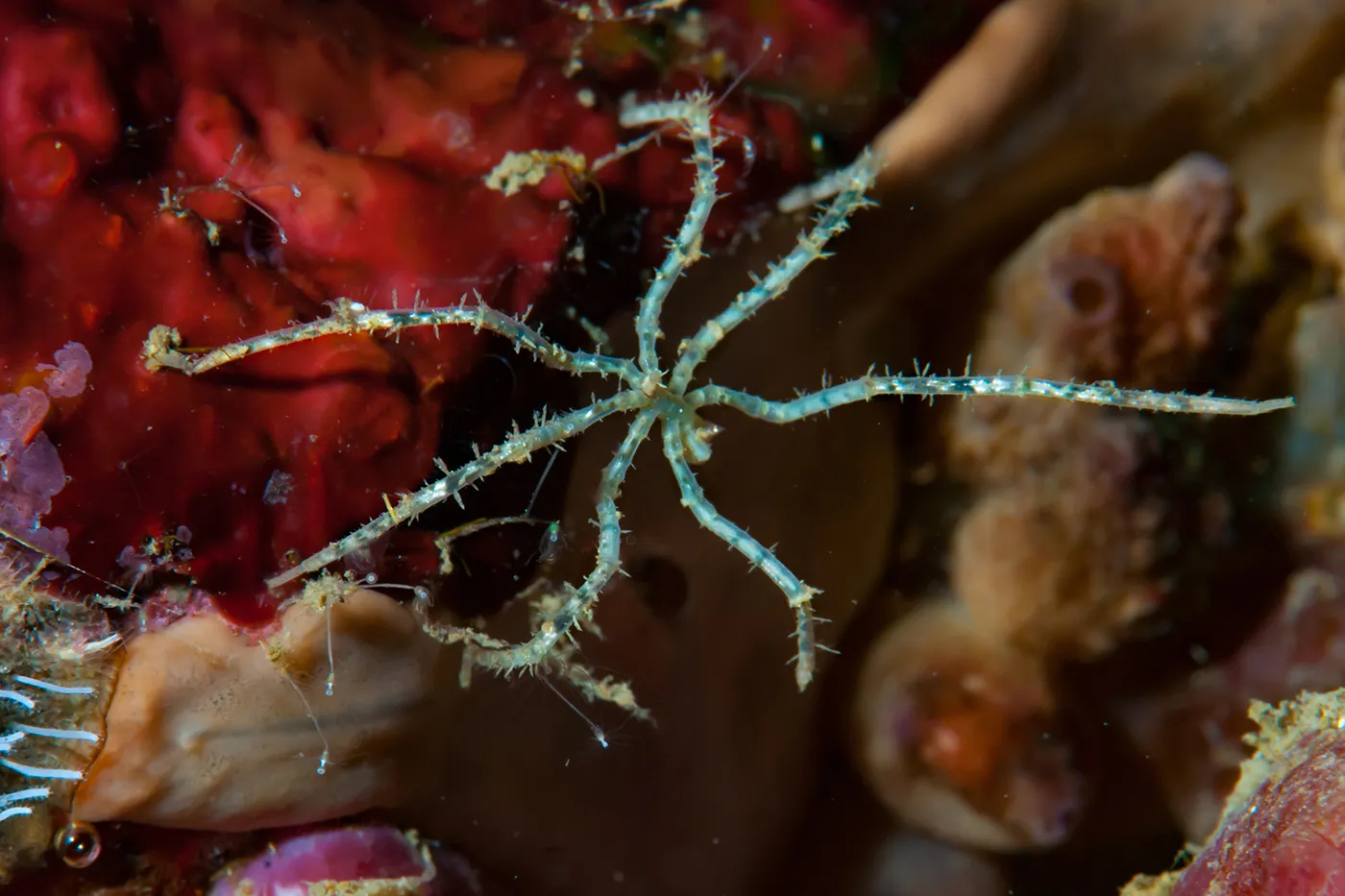
Connie Phong wants to know how an animal adapted to live in a highly specialized environment — just below the freezing point for seawater — responds to warming oceans.
How Northeastern scientists are using Antarctic sea spiders to study life on the edge
News

Fleury Augustin Nsole Biteghe has identified a way to target two of the deadliest cancer types with chemotherapy drugs but without the harms associated with chemotherapy.
Northeastern researcher uses light to target and kill cancer cells
Showing all results

Cracking the code to Native American language revitalization
The U.S. Military picked the Navajo language for a World War II secret code because the language was dying. Incidentally, the code jumpstarted the efforts to keep the language alive. Northeastern linguistics professor Adam Cooper explains how this revitalization process works.
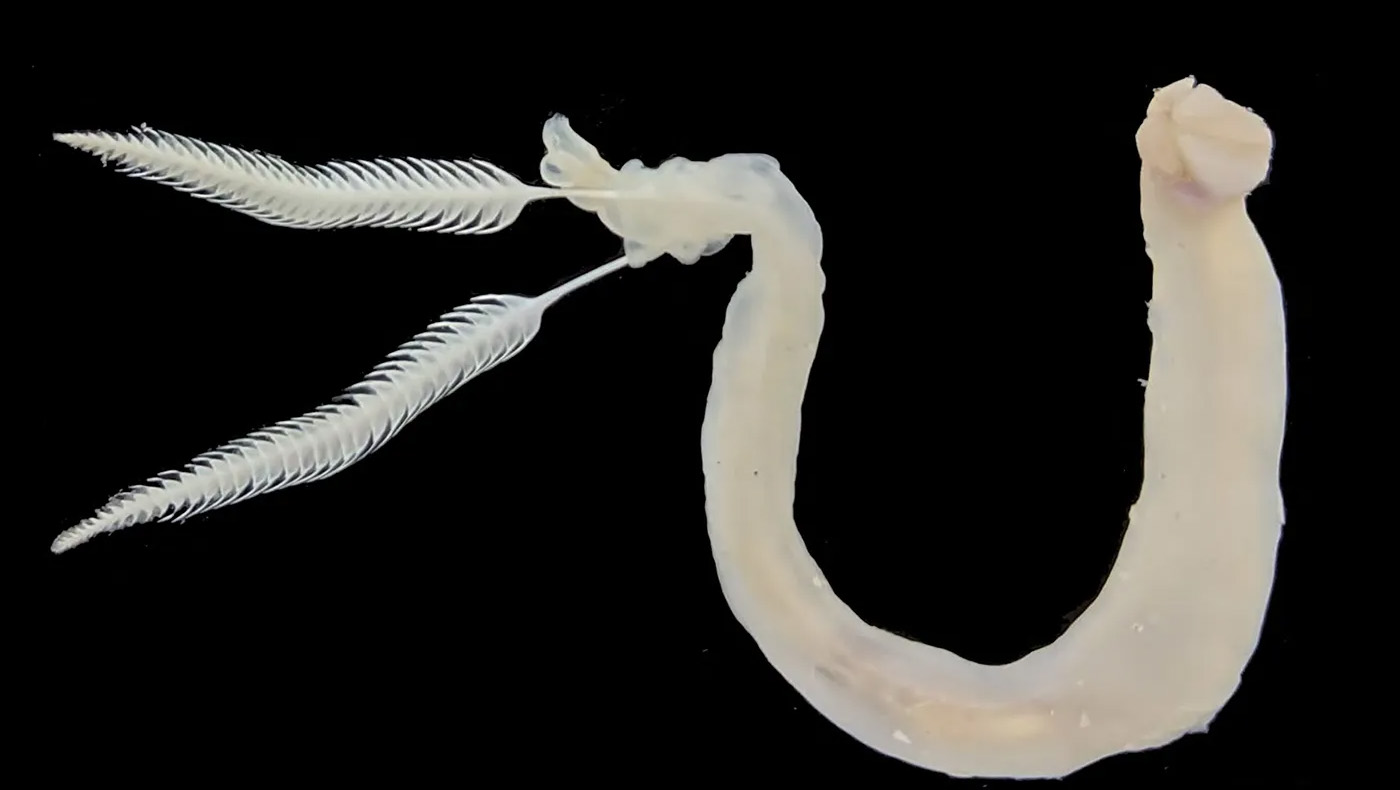
Shipworms can sink a boat. Northeastern researchers explain digestive process
Known as the clam that has sunk a thousand ships, shipworms are strange looking—and strange acting—animals.
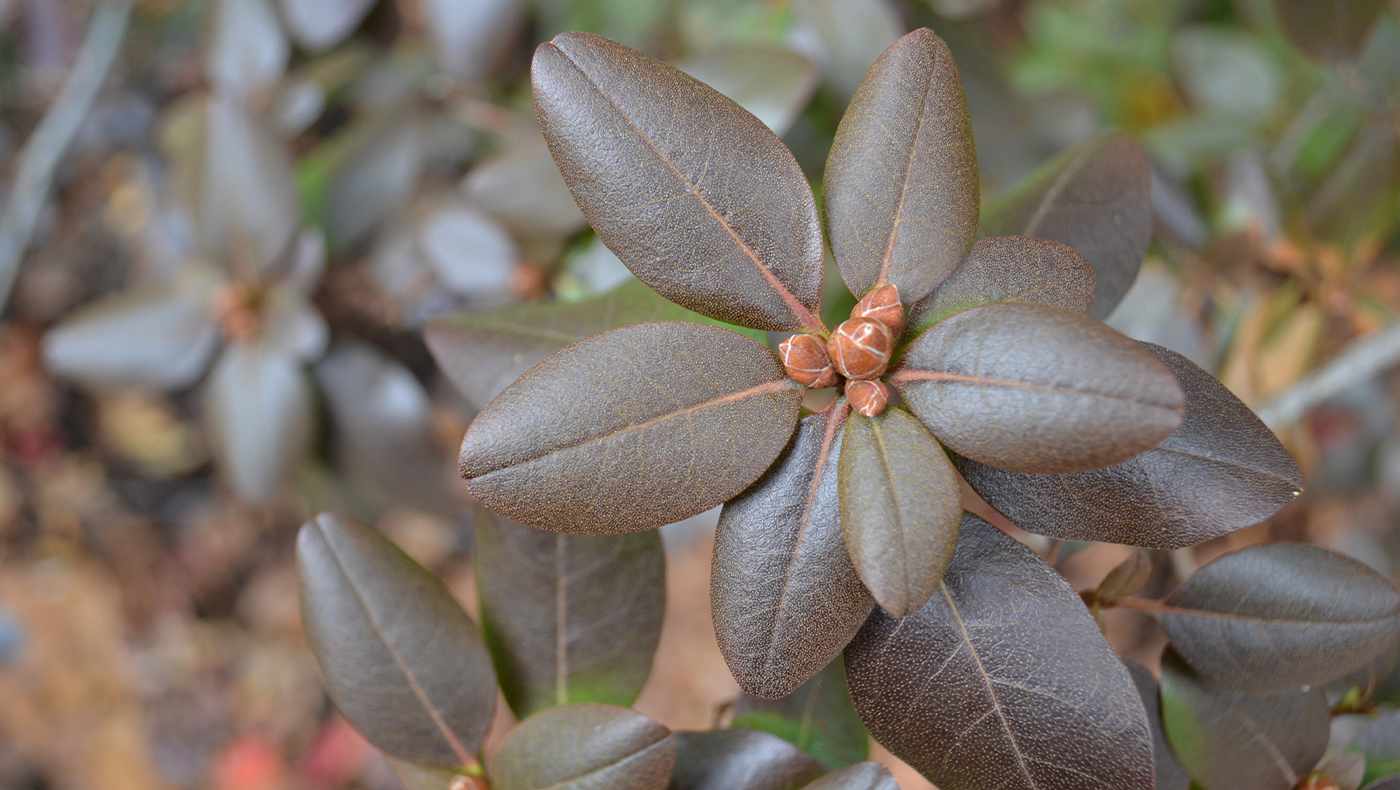
The Mathematical Patterns Hidden in Northeastern’s Arboretum
The Fibonacci sequence and the golden ratio are present everywhere in nature, including in the Northeastern University Arboretum. Northeastern mathematics professor Evan Dummit explains how the phenomenon is more than a coincidence.
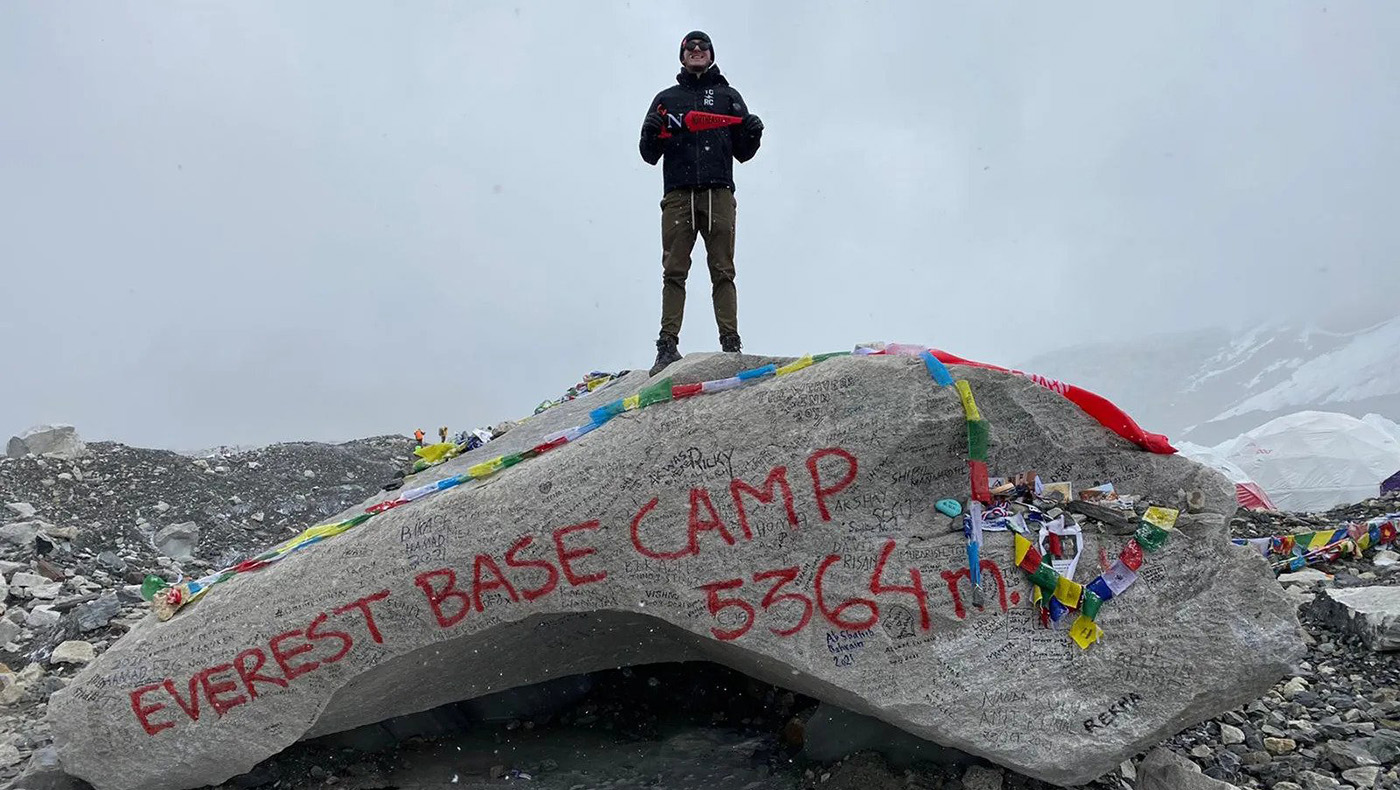
Northeastern student’s climate research co-op on Mount Everest a ‘spectacular experience’
Alexander Anderson’s co-op included a grueling two-week trek from the Khumbu region of Nepal to Everest Base Camp with the Himalayan Climate and Science Institute to support the installation of the world’s highest weather station.

Celebrate LGBTQIA+ People in STEM Day and Transgender Awareness Week with a Q&A
Last Friday, November 18th, was LGBTQIA+ People in STEM Day, leading to this week’s celebration of Transgender Awareness Week. We sat down with four COS members within the LGBTQIA+ People in STEM community, Naomi Trevino, Jasmyn Genchev, Savannah Swinea, and Dylan Titmuss, for a Q&A on their experience, inspirations, and resources for members of the LGBTQIA+ community in and out of the classroom.

‘We are in a much better place.’ Why experts predict a milder winter for COVID-19
The winter forecast for COVID-19 looks to be the mildest yet, say experts from Northeastern University.

The Desert Dialogue: Q&A With Caterina Wang
Caterina Wang, a recent graduate of Khoury College of Computer Science, completed her studies at Northeastern while on a Dialogue of Civilizations Program held in the desert of Israel: “SUSTAINABLE LIVING IN A HARSH DESERT ENVIRONMENT”.

Scientists have found proof of an ancient Martian ocean. It could mean we’re closer to finding life on Mars
Mars is known for its crimson, frozen terrain, but a recent discovery from a team of researchers provides new evidence that there was once an ancient ocean on the now-harsh Martian terrain.
Connecting with Excellence: Northeastern’s College of Science 2021-2022 Annual Report
Science research breaks frontiers, to reveal the unexpected and the fascinating, and toward powerful solutions. Explore the achievements of the College of Scien ce in our 2021-2022 Annual Report, "Connecting with Excellence."

Women could be at higher risk for long COVID according to new research
A team of medical professionals, clinicians, epidemiologists and political scientists recently published the results of a study that revealed new information about the prevalence of post-acute sequelae of SARS CoV-2 infection, otherwise known as “long COVID.”

On STEAM Day, Northeastern professors reflect on the relationship between the arts and science
“The combination of science and technology with arts is fantastic.” Through researching the arts and collaborating with artists, Northeastern professors find creativity in their work.
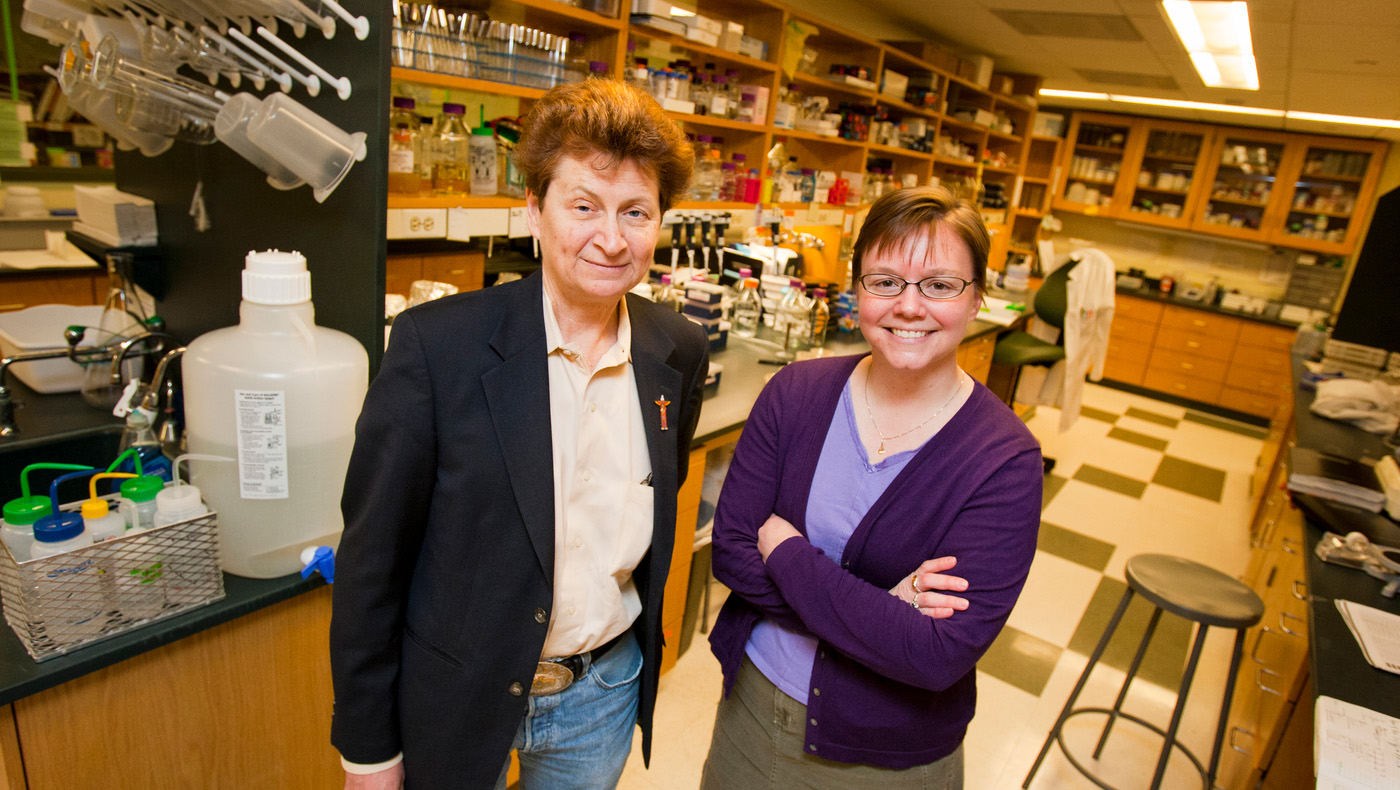
Designer enzymes could revolutionize the chemical industry. Two Northeastern labs are teaming up to show how.
Mary Jo Ondrechen and Penny Beuning’s labs are joining forces to better understand how to design enzymes. These enzymes could potentially reduce the energy, heat, acidity, and overall cost of chemical reactions in the chemical industry.